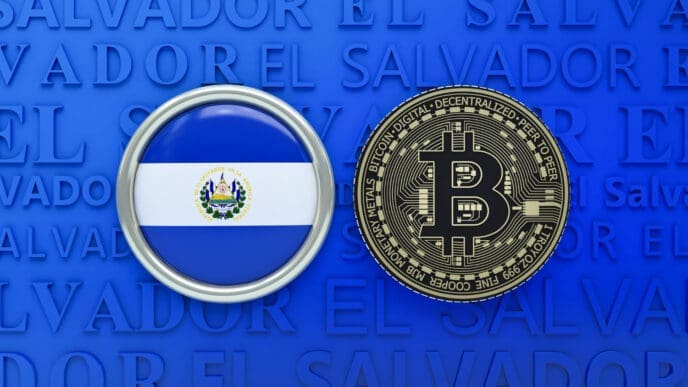Global executions reached their highest levels in nearly a decade in 2024, as reported by Amnesty International. The organization noted that 1,518 executions took place worldwide, marking a significant 32% increase from the 1,153 executions recorded in the previous year. In Europe, the death penalty remains illegal, with Belarus being the sole exception as it continues to conduct executions. Countries such as China, Iran, Saudi Arabia, Iraq, and Yemen topped the list, with Iran, Iraq, and Saudi Arabia alone accounting for 91% of known executions.
The report highlighted that individuals challenging authorities, particularly in Iran and Saudi Arabia, faced severe punishments, including the death penalty, which is used to silence dissent. While the report provides known figures, it does not account for the thousands believed to have been executed in China, which is the leading executor globally, as well as in North Korea and Vietnam, where the death penalty is also believed to be prevalent.
Beyond silencing dissent, 40% of death penalties were reportedly carried out unlawfully for drug-related offenses. International law stipulates that the death penalty should only be applied to the “most serious crimes,” a category that drug-related offenses do not fulfill. Despite the rise in global executions, only 15 countries are known to have implemented these sentences in 2024, marking the lowest number on record for the second consecutive year.
While secrecy surrounds the scrutiny of some countries believed to be responsible for numerous executions, it is clear that states retaining the death penalty are now an isolated minority. Although 70% of countries have abolished the death penalty in law or practice, some states reversed this trend in 2024. The Democratic Republic of Congo announced plans to resume executions in March, while Burkina Faso’s military authorities indicated in November their intention to reintroduce the death penalty for ordinary crimes.
The Global Implications
- The increase in executions may influence international relations and human rights policies, prompting global calls for reform and stricter scrutiny.
- The rise in executions for drug-related offenses could impact international drug policy discussions and enforcement measures.
- Countries maintaining the death penalty may face increased diplomatic pressure and potential sanctions from the international community.
- Human rights organizations may ramp up advocacy efforts, leading to heightened awareness and activism against the death penalty worldwide.
- The potential resumption of executions in countries like the Democratic Republic of Congo and Burkina Faso could affect their international standing and relations with abolitionist states.














